-
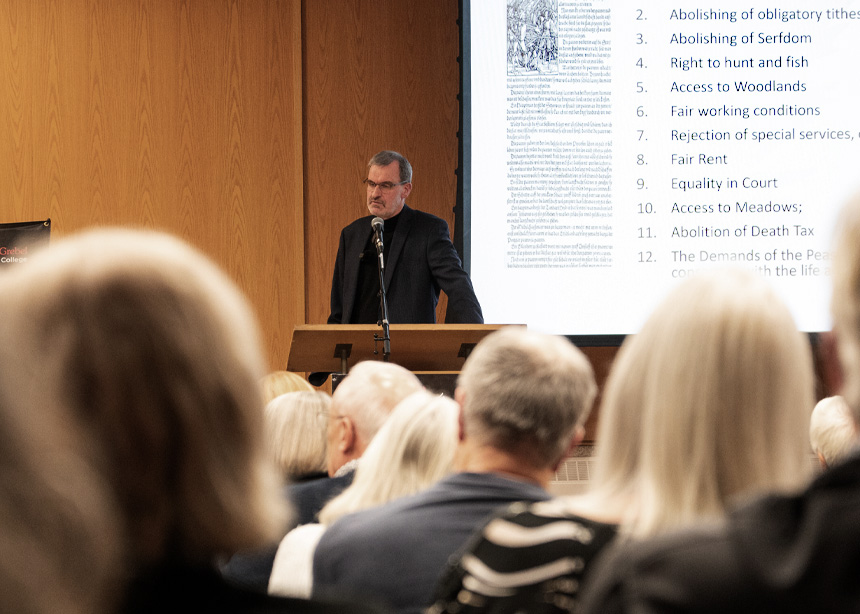
Sorting good from bad without being defensive
I was interested to attend the annual Bechtel Lecture about Anabaptist beginnings at Conrad Grebel University College delivered by Karl Koop, professor of theology and history at Canadian Mennonite University last Friday. He discussed the widespread social upheaval of 1524-25 which surrounded and informed our forebears, noting that the Schleitheim confession that Anabaptists adopted in…
-
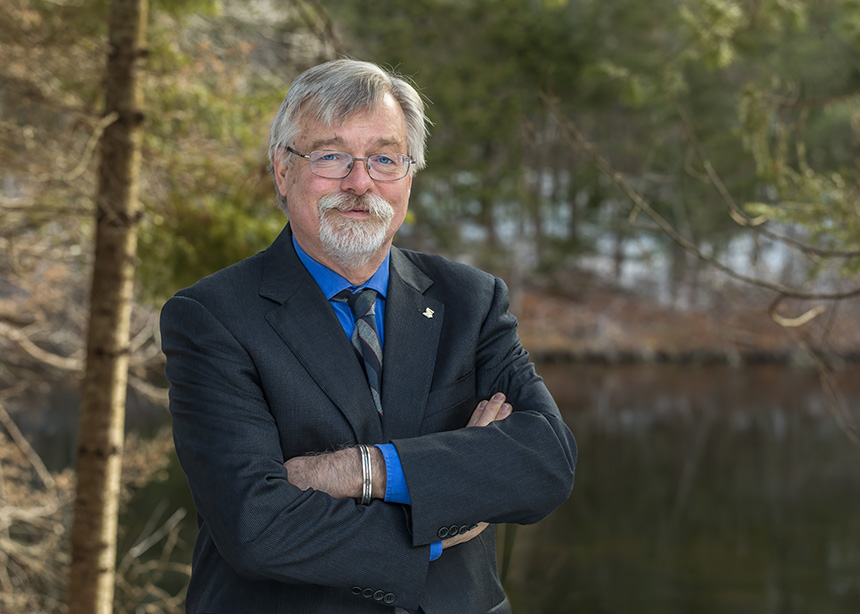
Vibrant, powerful book explores family violence
In his new book Shattered, Arthur Boers writes, “I realized that I never understood my father, our relationship, or even myself.” In this coming-of-age story, Boers explores his relationship with his father, trying to make sense of why he both feared and loved him. How did his father’s violence shape the person that Boers became?…
-
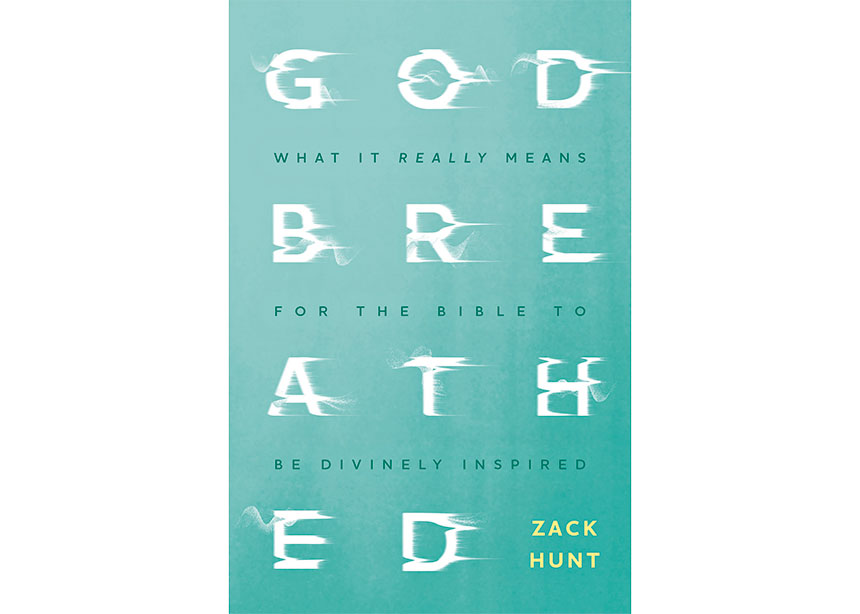
Is the theory of inerrancy inerrant?
Zack Hunt was shocked when his Old Testament professor slammed a Bible against the chalkboard and shouted, “Stop worshipping this book!” In Hunt’s American fundamentalist upbringing, the Bible was considered inerrant—free of all errors, and not to be slammed against chalkboards. His new book, Godbreathed: What it Really Means for the Bible to be Divinely…
-
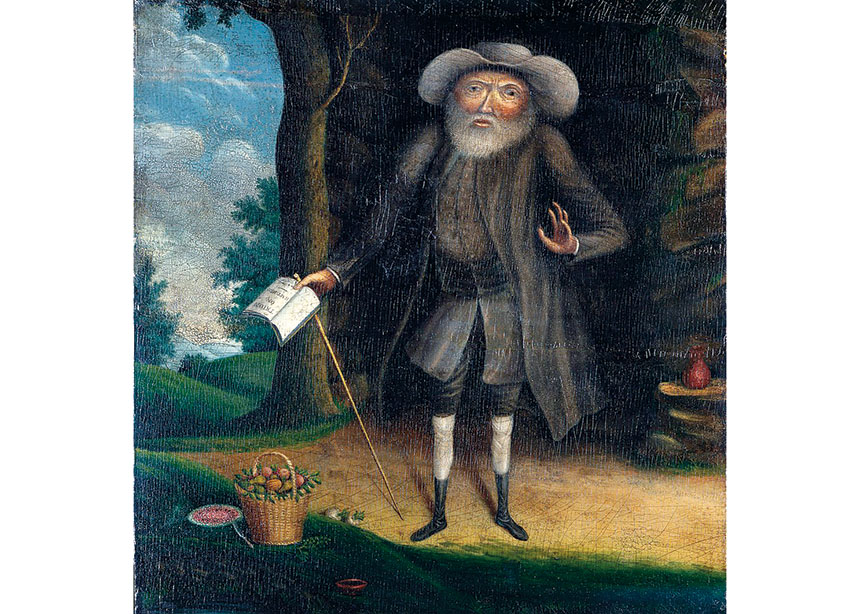
What We Owe the Future
In a time of great uncertainty, do we give up on worldly concerns, or try to return to a storied past? Or do we look ahead to what we can do for the future? In his 2022 New York Times bestselling book, What We Owe The Future, Scottish author William MacAskill makes the case for…
-
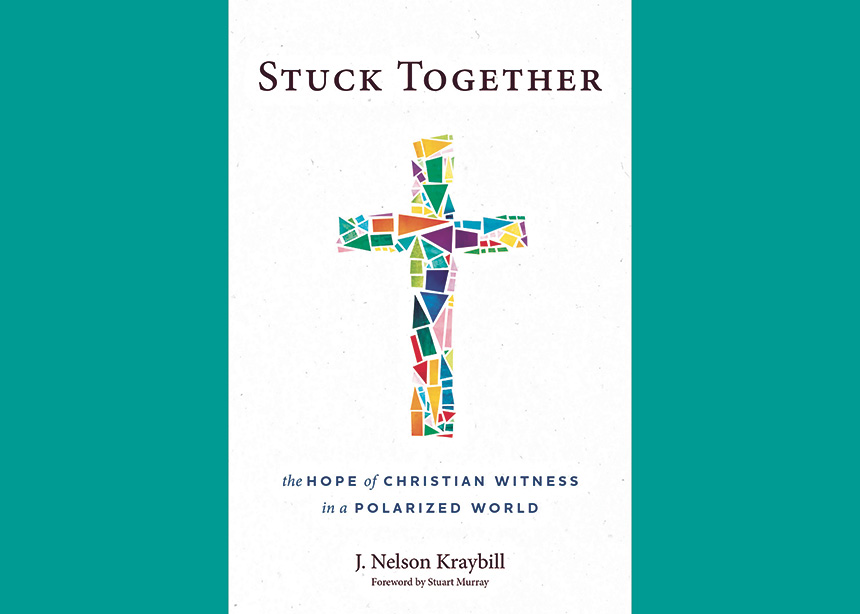
Mennonite leader offers approaches to polarization
J. Nelson Kraybill bluntly states that his book has no special formula that will save the church or the world from destructive polarization. Instead, it offers guidance on how individuals and congregations can navigate in the midst of conflict, using Jesus as the prime example. Kraybill is a highly respected leader in the Mennonite church.…
-
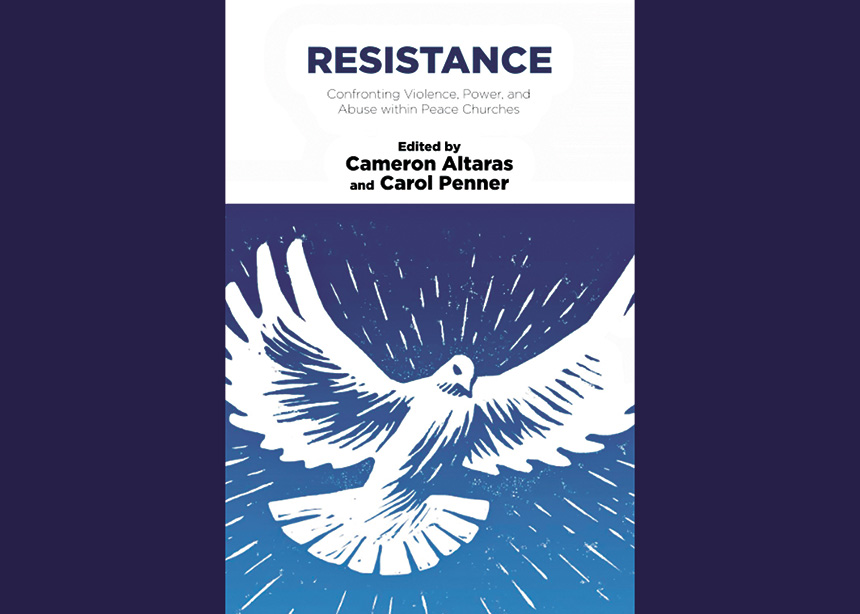
Experiences of violence to be overtly named and resisted
Over the past several decades, a particularly painful and dissonant question has arisen within the Mennonite church: What is a faithful response to violence perpetrated by the church, especially one that professes to be a peace church? This diverse collection of essays, poetry and personal reflections helpfully grapples with this question from multiple angles and…
-
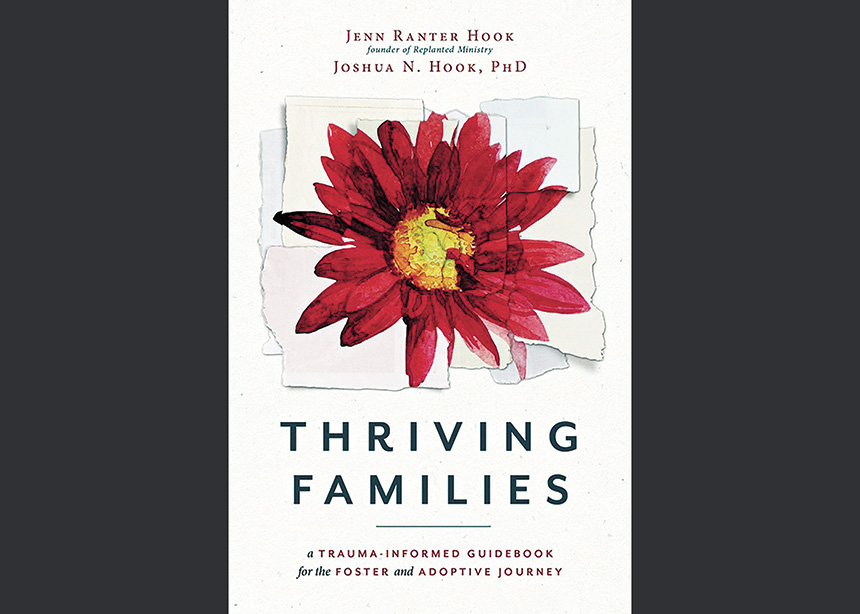
Tips for foster and adoptive parents
While parenting can be a struggle, parenting through foster care or adoption has extra challenges, says Jenn Hook in Thriving Families. Her experience as a counsellor with a foster-care agency, and as the founder of a non-profit organization that supports foster and adoptive families gives her a solid understanding of these challenges. Although the…
-
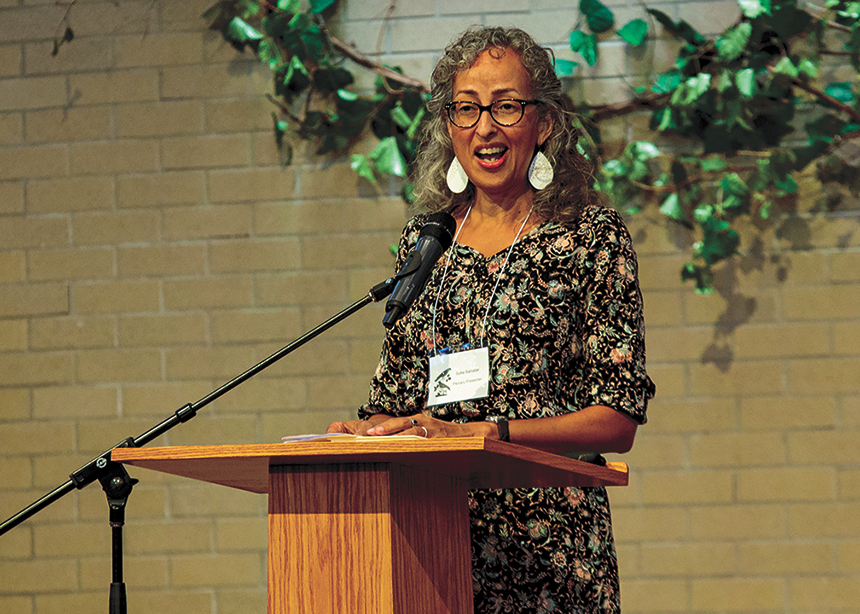
Apocalypse, peace, identity
When Sofia Samatar took an American literature class at Goshen (Ind.) College more than 20 years ago, she wrote a paper about Walt Whitman, who is sometimes called the “good grey poet.” Among the thousands of student papers I read, this one stands out. What made it remarkable was the way she complicated the meanings…
-
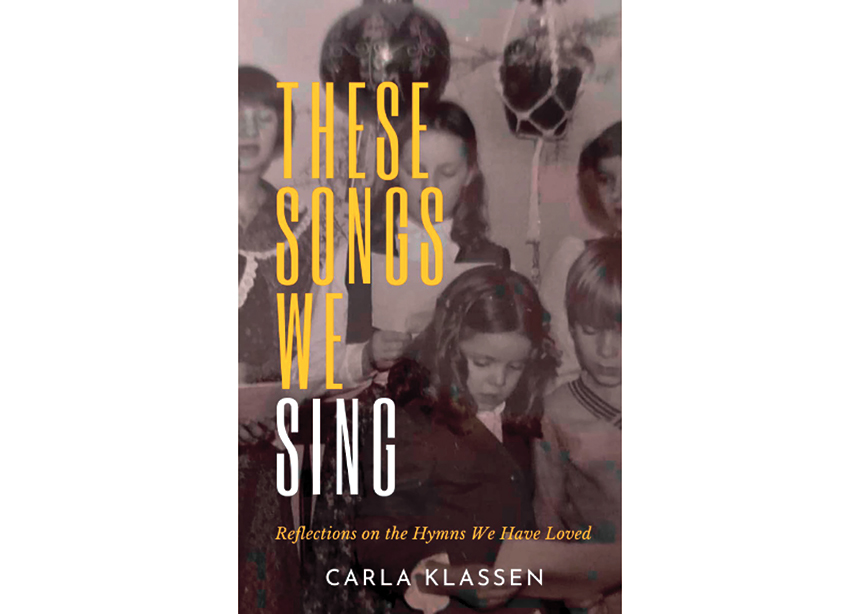
Hymn reflections inspire and comfort
Inspired by J.S. Bach and his prolific contribution to church music, Carla Klassen’s These Songs We Sing is a lovely collection of 52 short meditations and reflections on favourite hymns. The book emerged from Klassen’s music blog, The Hymn Project, for which she created and recorded piano arrangements for these beloved hymns, one every week…
-
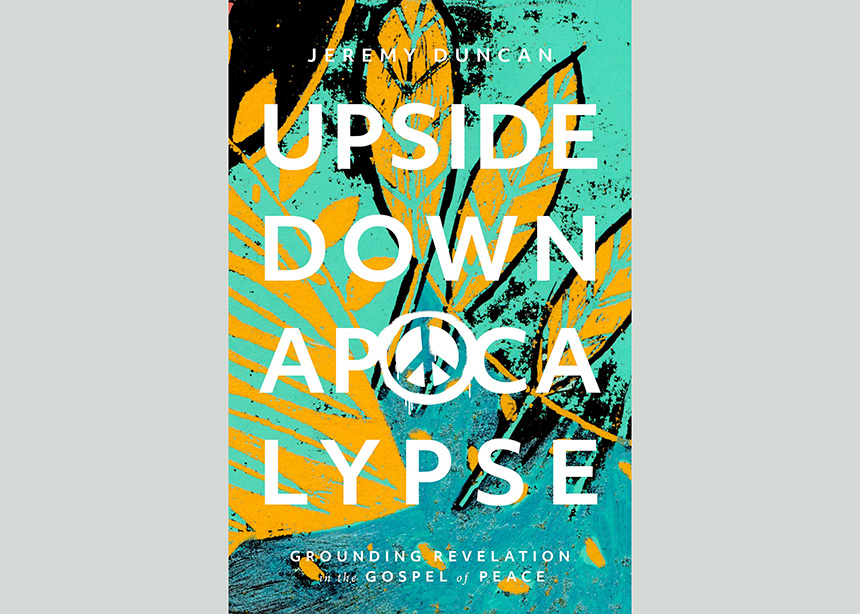
Finding redemptive peace in Revelation
The idea that Christ will return someday “riding on a horse, galloping through town and lopping off heads, is a blatant misreading of what is going on here,” writes Jeremy Duncan about the book of Revelation. He argues that this final book of the New Testament must be read through the lens of Jesus as…
